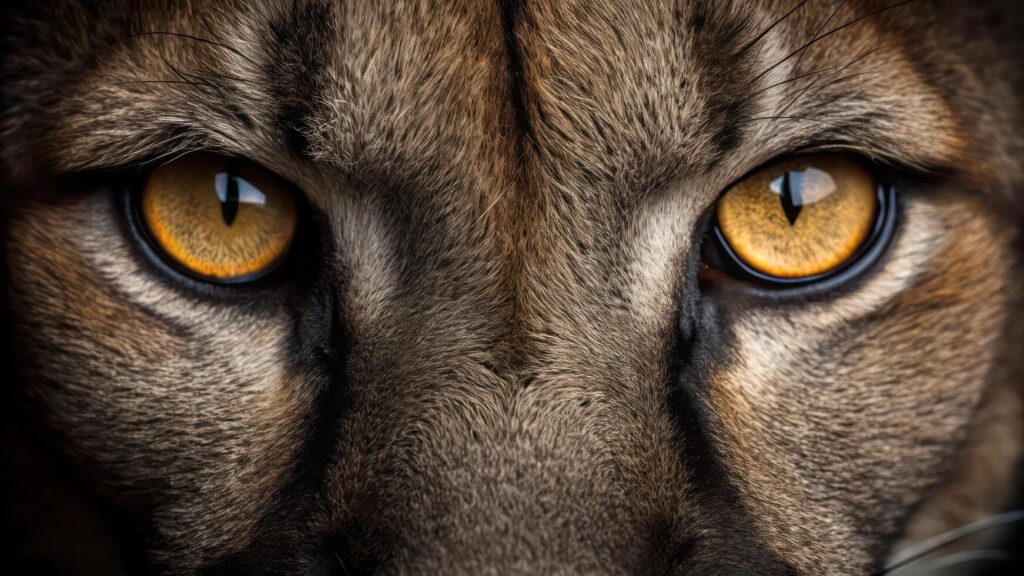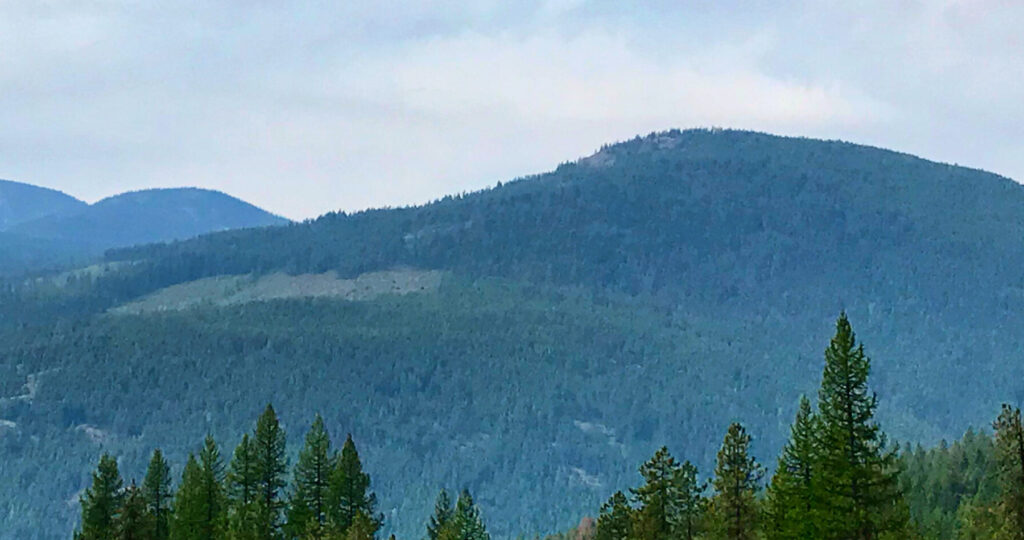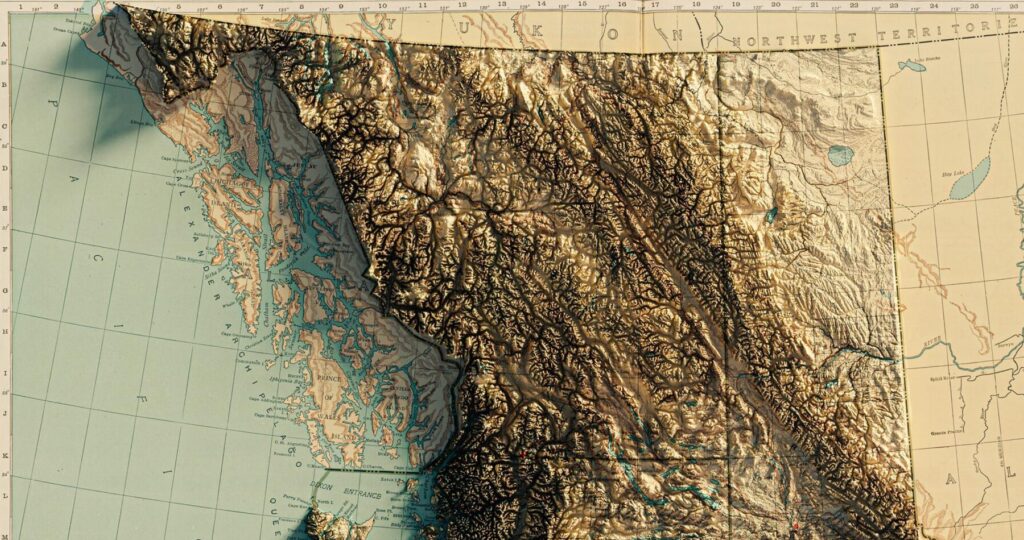Post Category : Archaeotourism Field Life
Field School in Southern Italy: Vulture Project
While working on my Master’s in Anthropology at the University of Alberta, I had the privilege of being a member of the Vulture Archaeological Project. During the summers of 2009 to 2012, in the town of Rionero, Italy, I was part of an international team of academics and students attempting to gain a better understanding of this region’s past. The project is named after the dormant volcano, Monte Vulture, at the base of which lies the beautiful town of Rionero.

This archaeological endeavor was conducted under the direction of Dr. Richard Fletcher, aimed to investigate the Vulture zone of the Lucanian Frontier as a sphere of pre-Roman cultural interaction and Late Roman Stability. The project consisted of an archaeological survey of the region around the volcano and the excavation of a Roman villa (large industrial farm) and its associated cemetery. While the survey aimed to identify important sites in the surrounding area and collect data on land use and settlement patterns from the Early Iron Age to the Late Roman period, the excavation attempted to determine when the site was used, its economic importance, and gain a glimpse into the lives of the people that inhabited it. The project is responsible for recording numerous new sites in the area, and excavating approximately half of the villa (80×40 m). The project was funded through contributions from the Comune of Rionero in Vultur, the Comunità Montana Vultur and from the instruction fees paid by the students attending the field school.


Although I am not a Classical Archaeologist by training, I was able to apply my skills in a variety of ways. My pre-archaeological career involved a substantial amount of time in a supervisory role so I started my time at the Vulture Project as a Field Supervisor. My training in Human Osteology was an asset and I was not only responsible for overseeing cemetery excavations, but also conducting skeletal inventories and primary analysis of the human remains that were recovered. Since archaeological regulations in Italy state that excavated sites must be preserved, I was also in charge of the restoration and preservation of the site’s integrity. This involved applying mortar and concrete to unearthed structures, and generally making the site presentable by Italian standards.

My time with the Vulture Project still remains one of the highlights of my archaeological career. Although it was no vacation, and excavating in 40°C with no shade will discourage even the most seasoned shovel bum, I feel fortunate and grateful that I was able to experience the beautiful southern Italian countryside and touch its past. Due to this project, I have friends from all corners of the globe and memories that will last a lifetime.
If you ever want to have a similar experience, I highly suggest that you become involved in an archaeological dig either where you live, or abroad. Many field schools do not require any previous training, and at many digs, volunteering will only cost the price of room and board. While traveling, it is actually a very cost effective way to become intimately familiar with a region and become submerged in the local culture.



